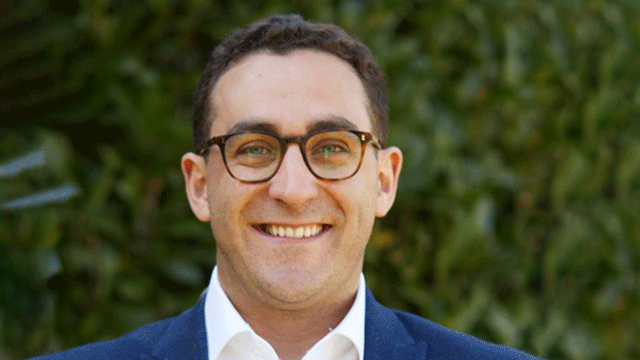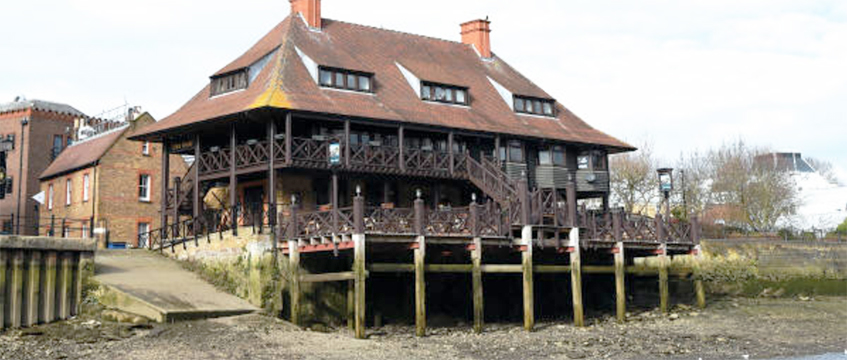With the second sale of the year for both of the two main commercial auction houses sitting either side of the original date for the UK leaving the EU – 29 March – and with Brexit continuing to spiral out of control, each must have thought that their timing could have been a lot better.
But private investors and the market generally must by now be completely fed up with the whole process and how it has been mishandled, and that concerns about the country’s economic future have been swept aside.
It was therefore business as usual at the Allsop sale, held on 26 March when 79 lots out of a total of 105 offered were sold for £52.8m and a 76% success rate. This compares with the £72.6m raised this time last year from the sale of 136 lots and an 86% success rate.
Even Allsop’s residential sale, held the day before the proposed exit day, fared well with 192 lots selling out of 258, raising £56.5m and a 75% success rate. This time last year, the equivalent sale raised £63m from the sale of 166 lots and a 77% success rate.
Turning back to the commercial sale, 15 lots were offered with a lot size in excess of £1m, of which 10 sold, nine selling “under the hammer”.
But it was the first lot of the day that was the most intriguing – an attractive freehold public house ground rent investment at the Town Wharf pub in Swan Street, Isleworth, west London, fronting onto the River Thames (pictured).
Let to Samuel Smith Old Brewery (Tadcaster) for a term of 999 years from 3 December 1987, the annual ground rent was a 9-gallon barrel of beer per annum. Guided with a disclosed reserve of just £1, it sold for £40,000. I hope the purchaser likes beer!
And so, 29 March passed with an extension granted for Brexit, but still with no firm decisions having been made and with the real risk of crashing out of Europe without a deal.
Turn of fortunes
Amid all this turmoil, Acuitus held its auction on 4 April, no doubt hoping that its fortunes would have improved following its February sale when just 53% sold. And improve they did, with 28 lots selling out of the 38 offered with three lots selling prior and 25 “under the hammer” with a 74% success rate. A further two properties sold immediately afterwards, bringing the total realisation to £27.7m and improving the success rate to 79%.
There were a number of remarkable results that firmly underlined the current strength of the market. The virtual freehold of a tyre and exhaust centre investment in Castleford, West Yorkshire, let to ATS Euromaster until 2020 at a rent of £44,000 pa, was guided at £420,000 and sold after some intense bidding for £780,000, reflecting a gross yield of 5.64%.
Then a property I know well in Armoury Way, Wandsworth, SW18, was offered with full vacant possession, jointly with my old firm CBRE. Comprising 5,200 sq ft of office space on ground, first and second floors, it clearly had residential conversion potential. Guided at £1.4m to £1.5m, it sold for £1.9m – a capital value of £367 per sq ft.
However, it was Lot 20 in Ickleton near Duxford that generated the most pre-sale interest. It was a freehold commercial investment comprising 11 storage units on a 12-acre site just three miles from the Imperial War Museum and let in its entirety to the Trustees of the Imperial War Museum on a 60-year lease expiring in 2060. There was a tenant’s break option in November 2020 or any time thereafter. Guided at £225,000 to £250,000, it sold for £630,000, reflecting a gross return of 5.98%.
Both auction houses have successfully weathered any uncertainty in the market. Hopefully, by the time both of their May sales are held, Brexit will have been settled one way or the other, and both will continue to capitalise on the current healthy market demand.
John Townsend is head of the auction advisory service at Harold Benjamin











